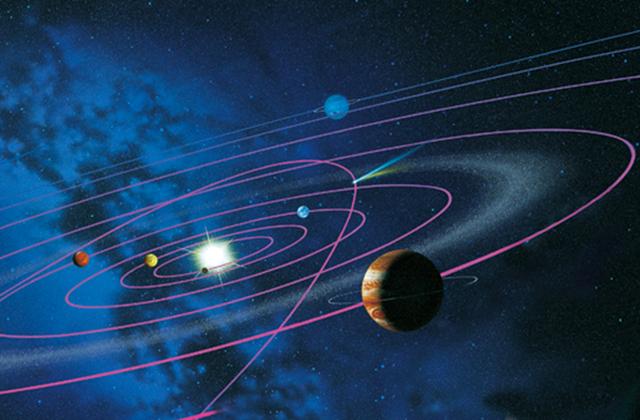Walter was a geologist specializing in paleomagnetism, Luis was a physicist and I was a nuclear chemist. And now here we were telling paleontologists that we had solved a problem that had eluded them for over a century. It's not terribly surprising that they didn't embrace it immediately." As Luis Alvarez joked: "We were caught practicing geology without a license."

Nor did it help that Luis Alvarez was openly contemptuous of paleontologists and their contributions to scientific knowledge. "They're really not very good scientists. They're more like stamp collectors," he wrote in the New York Times in an article that stings yet.











